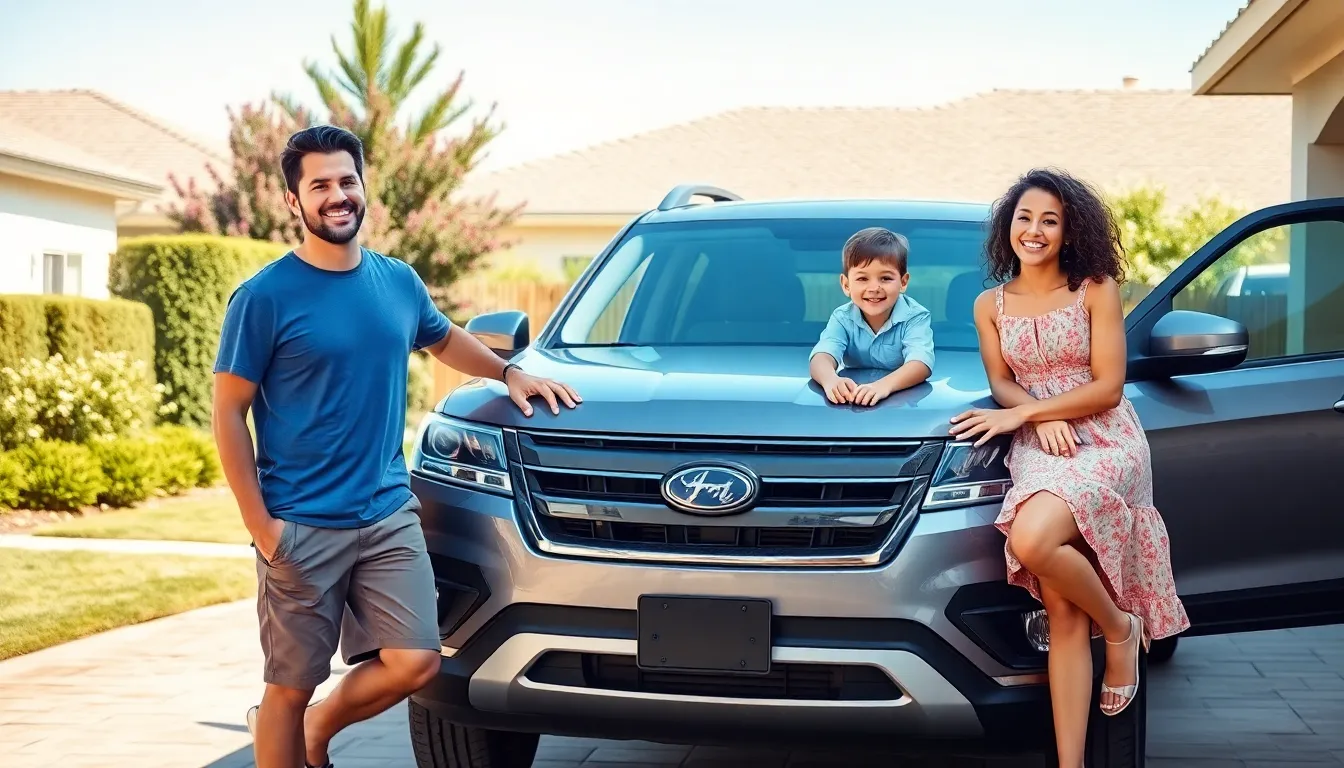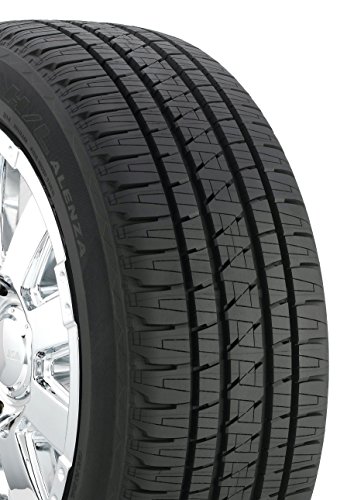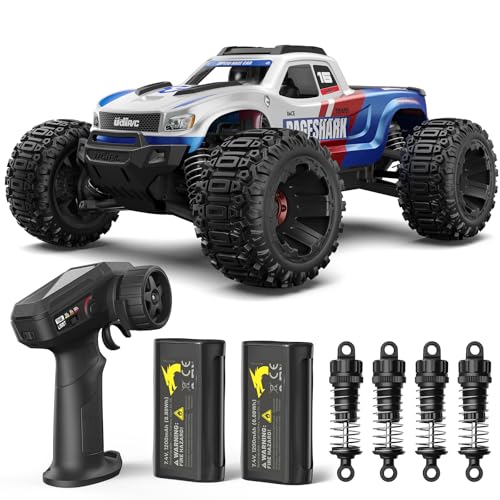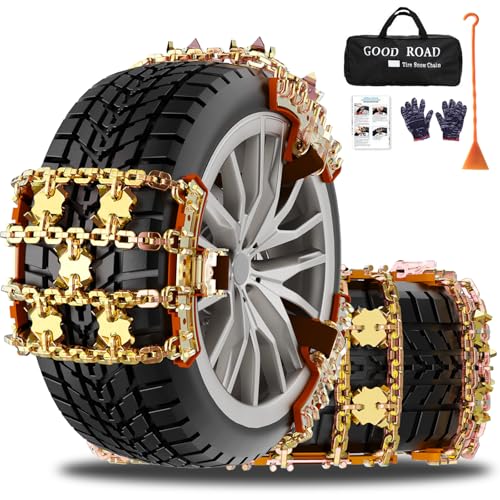When we’re shopping for a family vehicle, we’re not just buying transportation – we’re investing in our family’s safety comfort and countless memories on the road. The perfect family car needs to balance practicality with performance while keeping everyone happy from toddlers to teenagers.
Today’s family car market offers more choices than ever before. We’ve got three-row SUVs with captain’s chairs minivans packed with clever storage answers and crossovers that blend style with functionality. Each option brings unique advantages whether you’re prioritizing fuel efficiency cargo space or the latest safety technology.
Finding the right family car doesn’t have to feel overwhelming. We’ll guide you through the essential features that matter most help you understand which vehicle types work best for different family sizes and share insider tips that’ll make your decision easier. Your perfect family car is out there – let’s find it together.
Top Safety Features Every Family Car Should Have
Safety remains our top priority when selecting a family vehicle. Modern cars offer sophisticated protection systems that go far beyond basic seat belts and traditional airbags.
Advanced Airbag Systems
Advanced airbag systems protect all family members through multiple deployment zones throughout the cabin. We recommend looking for vehicles with at least eight airbags including front impact bags, side impact protection, curtain airbags, and knee airbags for the driver. Premium family cars now feature adaptive airbag technology that adjusts deployment force based on passenger size and seating position.
Side curtain airbags extend protection to third row passengers in larger family vehicles like the Honda Pilot and Toyota Highlander. These systems reduce head injury risk by up to 45% during side impact collisions according to the Insurance Institute for Highway Safety. Modern sensors can detect child seats and disable front passenger airbags automatically to prevent injury to young children.
Electronic Stability Control
Electronic Stability Control prevents dangerous skids and rollovers by automatically applying brakes to individual wheels when sensors detect loss of traction. We’ve seen this technology reduce fatal single vehicle crashes by 49% and fatal rollover crashes by 75% based on NHTSA data. Family vehicles benefit especially from ESC during emergency maneuvers in wet weather or when avoiding road hazards.
The system works seamlessly with anti lock brakes and traction control to maintain vehicle stability during sudden steering inputs. Popular family SUVs like the Subaru Ascent and Mazda CX 9 include advanced ESC systems that monitor steering angle, wheel speed, and lateral acceleration 25 times per second. ESC has been mandatory on all new vehicles since 2012, but newer systems offer enhanced sensitivity and faster response times.
Blind Spot Monitoring
Blind spot monitoring systems alert drivers to vehicles in adjacent lanes through visual and audible warnings. We find these systems particularly valuable in larger family vehicles where thick pillars and high seating positions can create visibility challenges. The technology uses radar sensors or cameras to detect approaching vehicles and activates warning lights in side mirrors or dashboard displays.
Advanced versions include rear cross traffic alert that warns of approaching vehicles when backing out of parking spaces. Family favorites like the Acura MDX and Volvo XC90 offer blind spot monitoring with steering intervention that gently guides the vehicle back into its lane if the driver begins changing lanes unsafely. These systems reduce lane change crashes by approximately 14% and injuries from such crashes by 23% according to recent studies.
Best Family Cars for Budget-Conscious Parents
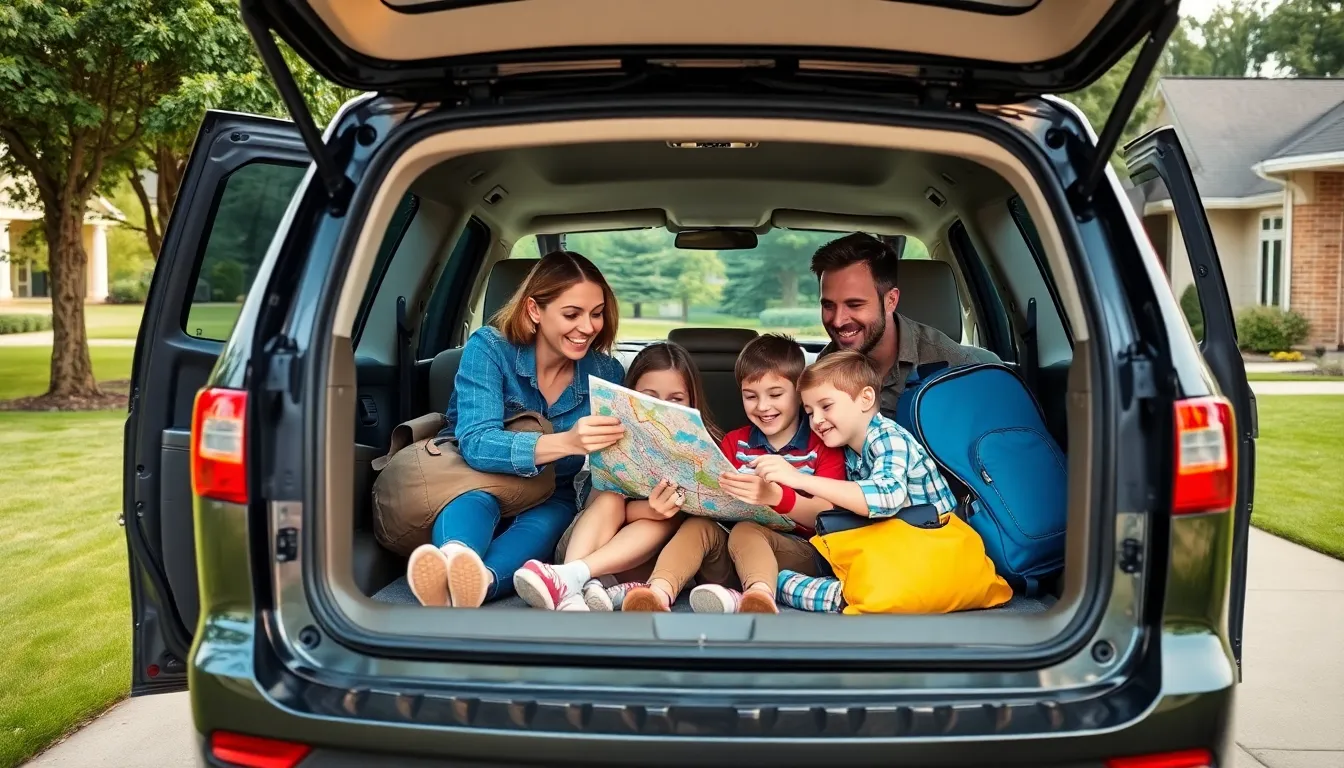
Smart families know that finding the perfect vehicle doesn’t require very costly. We’ve identified several outstanding options that deliver safety, comfort, and reliability without compromising your financial goals.
Affordable Sedans Under $25,000
Nissan Sentra tops our list with its spacious interior and impressive fuel economy of up to 32 mpg combined. Starting at just $19,460, this compact sedan offers advanced safety features like automatic emergency braking and blind spot warning as standard equipment.
Honda Civic delivers exceptional value with its roomy cabin that comfortably seats five passengers. We appreciate its reliability record and starting price of $22,350, which includes Honda Sensing safety suite with collision mitigation braking and road departure mitigation.
Toyota Corolla provides outstanding long term value with its legendary dependability and 31 mpg combined fuel efficiency. Available from $22,050, this sedan features Toyota Safety Sense 2.0 and offers one of the most spacious rear seats in its class.
Hyundai Elantra stands out with its 10 year/100,000 mile powertrain warranty and modern tech features. Starting at $20,650, families get wireless Apple CarPlay, Android Auto, and forward collision avoidance assist as standard equipment.
Value-Packed SUVs for Growing Families
Subaru Forester offers standard all wheel drive and exceptional safety ratings at $26,395. Families benefit from 76.6 cubic feet of cargo space and excellent ground clearance for outdoor adventures.
Mazda CX-5 combines premium interior materials with captivating driving dynamics starting at $26,700. We recommend this SUV for its fuel efficiency of up to 31 mpg highway and comprehensive i-ACTIVSENSE safety features.
Honda CR-V provides reliable transportation with 39.2 cubic feet of cargo space behind the rear seats. Starting at $27,200, this popular SUV includes Honda Sensing safety technology and offers excellent resale value for budget conscious families.
Hyundai Tucson delivers impressive warranty coverage and modern styling from $25,350. Families appreciate its quiet cabin, user friendly infotainment system, and comprehensive Hyundai SmartSense safety suite.
Certified Pre-Owned Options
Toyota Highlander Hybrid from model years 2017-2019 offers three row seating and 36 mpg fuel economy. We find these vehicles typically priced between $28,000-$32,000 with remaining factory warranty coverage.
Honda Pilot models from 2016-2018 provide eight passenger capacity and reliable V6 performance. These certified pre-owned SUVs average $24,000-$29,000 and include Honda’s comprehensive inspection process.
Subaru Ascent from 2019-2020 delivers standard all wheel drive and excellent safety ratings. Families can find these three row SUVs priced around $26,000-$31,000 with Subaru’s Added Security certified pre-owned benefits.
Mazda CX-9 from 2017-2019 combines luxury features with affordable pricing. We recommend these models for their premium interiors and pricing range of $22,000-$27,000 through certified pre-owned programs.
Spacious Family Cars with Maximum Cargo Capacity
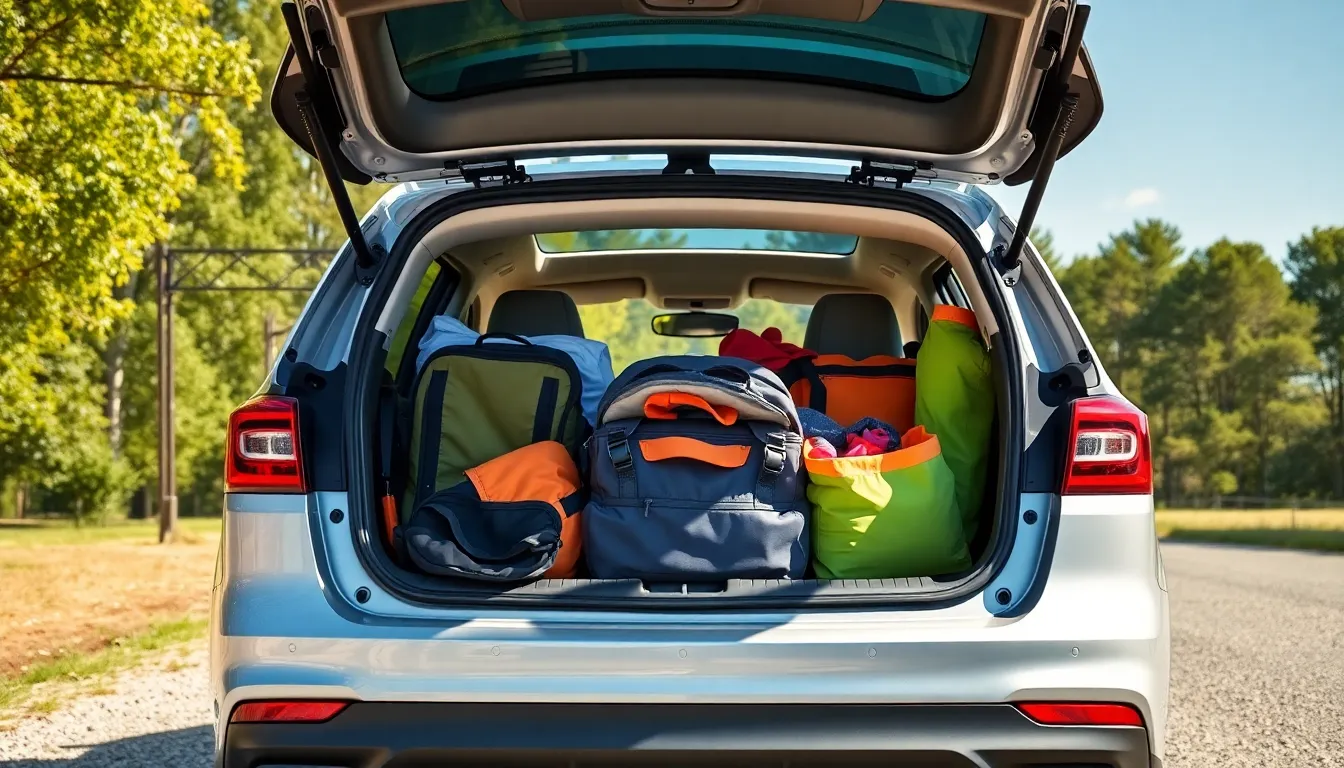
Space becomes the ultimate priority when families need vehicles that can handle everything from weekly grocery runs to cross-country road trips. We’ve identified the most cargo-friendly family vehicles that deliver exceptional storage without compromising passenger comfort.
Three-Row SUVs for Large Families
Chevrolet Tahoe leads our recommendations with an impressive 122.9 cubic feet of maximum cargo space when all rear seats are folded down. This full-size SUV accommodates up to nine passengers while maintaining 25.5 cubic feet behind the third row for everyday essentials.
Ford Expedition offers 104.6 cubic feet of total cargo capacity and features hands-free liftgate technology that opens with a simple foot motion under the rear bumper. Families appreciate the power-folding third row that creates a flat loading floor in seconds.
Toyota Sequoia provides 120.1 cubic feet of maximum storage space and includes a slide-out cargo tray that makes loading heavy items significantly easier. The vehicle’s low lift-over height reduces strain when loading strollers, sports equipment, and luggage.
Honda Pilot delivers 83.9 cubic feet of cargo room with all seats down and features a clever underfloor storage compartment that keeps valuables hidden from view. Smart design includes multiple charging ports throughout all three rows to keep devices powered during long trips.
Minivans with Flexible Seating
Chrysler Pacifica maximizes utility with 140.5 cubic feet of cargo space when both rear rows are removed completely. Stow ‘n Go seating allows the second and third rows to fold flat into the floor without removing seats entirely.
Honda Odyssey creates 144.9 cubic feet of storage with its removable second and third-row seats that can be taken out for maximum cargo hauling. The vehicle includes a built-in vacuum cleaner and multiple storage compartments throughout the cabin.
Toyota Sienna offers 150 cubic feet of maximum cargo capacity and comes standard with all-wheel drive for enhanced traction in various weather conditions. The hybrid powertrain delivers impressive fuel economy while maintaining full cargo capabilities.
Kia Carnival provides 145.1 cubic feet of storage space and features sliding second-row seats that create easy access to the third row. Premium trim levels include captain’s chairs with leg rests and built-in entertainment systems.
Wagons That Maximize Storage
Subaru Outback combines SUV-like ground clearance with 75.7 cubic feet of cargo space when rear seats are folded down. Standard all-wheel drive and rugged construction make it ideal for families who enjoy outdoor adventures.
Volvo V90 Cross Country delivers 53.9 cubic feet of cargo room behind the first row and includes a power-operated tailgate with hands-free operation. The wagon’s low loading height makes it easier to lift heavy items compared to traditional SUVs.
Audi A6 Allroad offers 59.3 cubic feet of maximum storage while maintaining luxury appointments throughout the interior. Air suspension automatically lowers the rear end when loading cargo to reduce the lift-over height.
Mercedes-Benz E-Class All-Terrain provides 64.7 cubic feet of cargo capacity and features a 40/20/40 split-folding rear seat configuration for maximum flexibility. The wagon includes tie-down points and a cargo net to secure items during transport.
Most Fuel-Efficient Family Cars for Daily Commutes
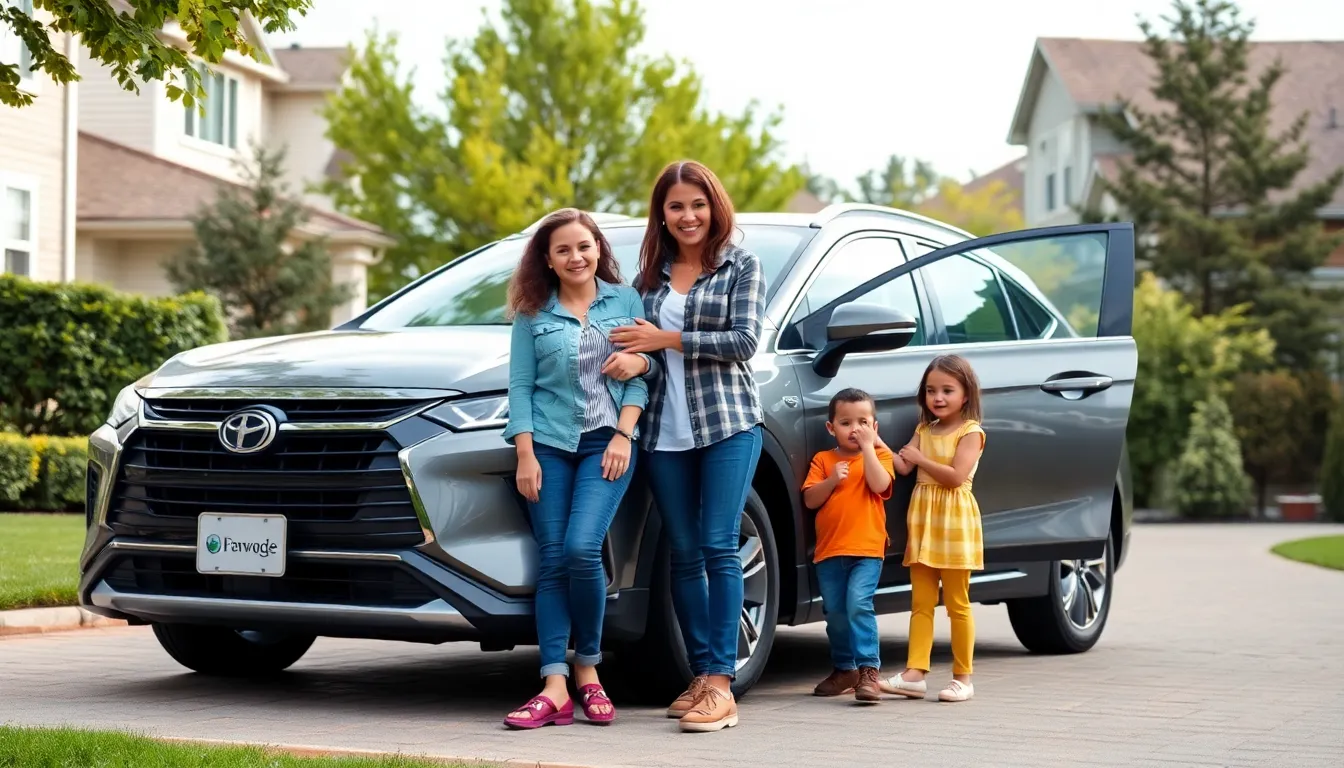
Daily commuting costs add up quickly for families, making fuel efficiency a crucial factor when selecting your next vehicle. We’ve identified the most economical family cars that deliver exceptional mileage without compromising space or safety features.
Hybrid Family Vehicles
Toyota Prius delivers outstanding fuel economy with its 54 mpg combined rating, offering families a spacious interior and advanced safety features at an affordable price point. The vehicle’s cargo space accommodates daily needs while reducing fuel expenses significantly.
Honda Accord Hybrid combines luxury features with impressive 48 mpg combined efficiency, providing families comfortable seating for five passengers and a generously sized trunk. This sedan offers adaptive cruise control and collision mitigation systems as standard equipment.
Toyota Camry Hybrid achieves 52 mpg combined while maintaining the reliability and comfort families expect from this popular sedan. We appreciate its roomy back seat and substantial cargo capacity for family road trips.
Lexus NX Hybrid brings luxury to the hybrid family vehicle segment with 37 mpg combined and all wheel drive capability for challenging weather conditions. The premium SUV features advanced infotainment systems and exceptional build quality.
Electric Family Car Options
Tesla Model Y provides families with 330 miles of range and rapid charging capabilities, eliminating range anxiety for most daily driving scenarios. The electric SUV offers impressive cargo space and cutting edge technology features.
Chevrolet Bolt EUV delivers 247 miles of range at a budget friendly price point, making electric vehicle ownership accessible for more families. This crossover includes modern safety features and smartphone integration systems.
Ford Mustang Mach E combines sporty performance with family practicality, offering up to 314 miles of range and spacious interior accommodations. The electric SUV features over the air updates and premium interior materials.
Volkswagen ID.4 provides European engineering with 260 miles of range and three years of complimentary charging at Electrify America stations. Families benefit from its quiet cabin and generous passenger space.
Gas-Efficient Traditional Models
Nissan Sentra achieves 33 mpg combined while offering families a comfortable ride and modern safety technologies at an affordable purchase price. The sedan’s interior space exceeds expectations for its compact classification.
Honda Civic delivers 35 mpg combined efficiency with exceptional reliability and resale value that families can depend on for years. This vehicle includes Honda Sensing safety suite as standard equipment across all trim levels.
Toyota Corolla provides 34 mpg combined fuel economy and Toyota’s legendary dependability, reducing long term ownership costs for budget conscious families. The compact sedan offers surprising rear seat space and trunk capacity.
Hyundai Elantra combines 36 mpg combined efficiency with an extended 10 year warranty, giving families peace of mind and reduced maintenance expenses. The sedan features modern technology and premium interior materials typically found in luxury vehicles.
Family Cars with Advanced Technology Features
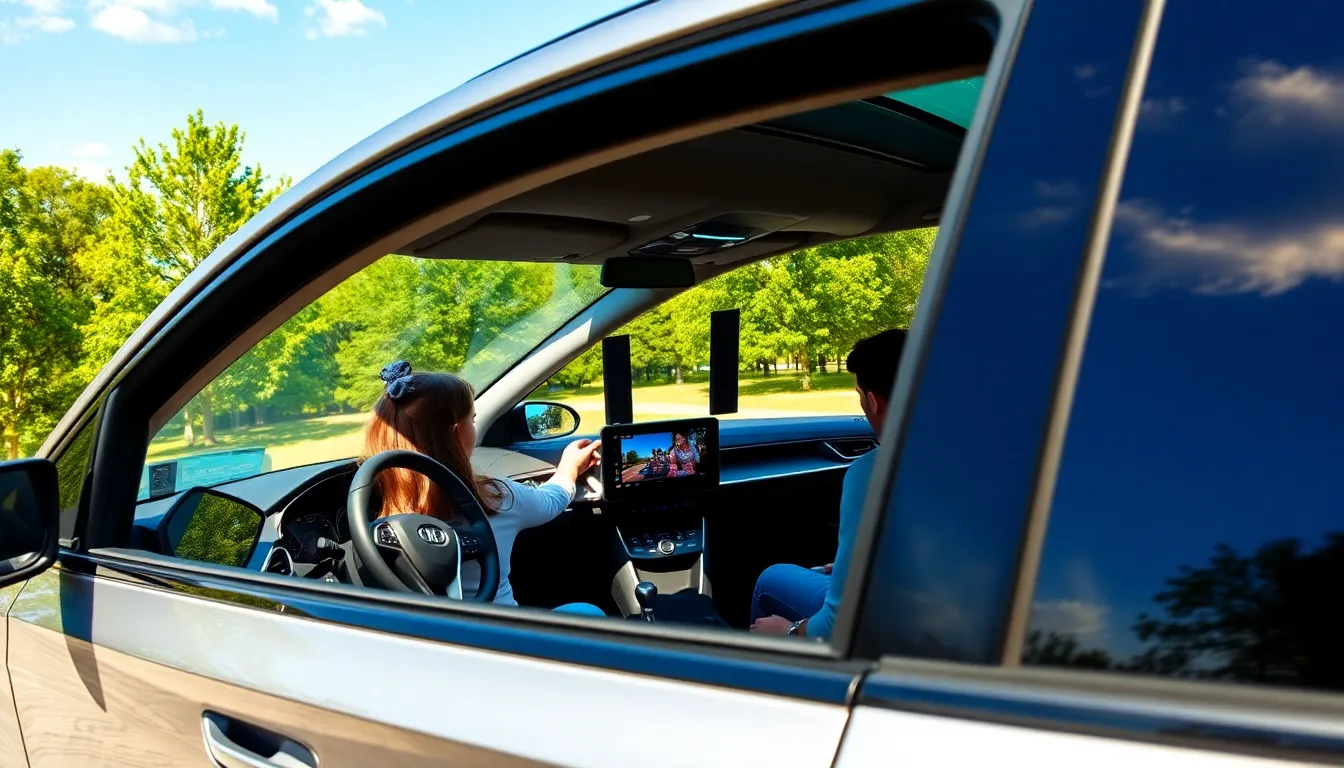
Modern family vehicles now incorporate cutting-edge technology that transforms every journey into an captivating and safe experience. Technology integration in today’s family cars goes beyond basic features to include comprehensive entertainment, connectivity, and safety systems.
Infotainment Systems for Entertainment
Large touchscreen displays ranging from 8 to 12 inches serve as the command center for family entertainment needs. Premium family cars like the Honda Pilot and Toyota Highlander feature dual-screen rear entertainment systems that keep passengers engaged during long trips. Multiple USB ports and wireless charging pads ensure devices stay powered throughout the journey.
Streaming services including Netflix, YouTube, and Disney+ are now available in vehicles like the Tesla Model Y and Mercedes-Benz GLS, allowing families to enjoy their favorite content while parked. Premium audio systems from Bose, Harman Kardon, and JBL deliver concert-quality sound that makes every drive enjoyable. Voice controls activate entertainment options without requiring drivers to take their hands off the wheel.
Built-in gaming systems in some luxury family cars provide interactive entertainment for children during extended road trips. Rear seat passengers can control climate, entertainment, and lighting through dedicated touchscreens in vehicles like the Cadillac Escalade and Lincoln Navigator.
Smartphone Integration and Connectivity
Apple CarPlay and Android Auto come standard in most modern family cars, seamlessly connecting smartphones to the vehicle’s infotainment system. Wireless smartphone integration eliminates the need for cables and automatically connects devices when entering vehicles like the Subaru Ascent or Hyundai Palisade. Multiple device connectivity allows families to connect up to five smartphones simultaneously in cars equipped with advanced systems.
Cloud connectivity enables remote vehicle monitoring through smartphone apps, letting parents check fuel levels, lock status, and location from anywhere. Real-time traffic updates and navigation sync across all connected devices, ensuring families always have the most current route information. WiFi hotspots built into family cars provide internet access for up to eight devices, keeping everyone connected during travel.
Emergency services integration automatically contacts first responders in case of accidents, with systems like OnStar in Chevrolet models and SOS Connect in BMW vehicles providing 24/7 assistance.
Driver Assistance Technologies
Adaptive cruise control maintains safe following distances automatically, reducing driver fatigue during long family trips in vehicles like the Volvo XC90 and Acura MDX. Lane keeping assist gently steers the vehicle back into its lane if it begins to drift, preventing accidents caused by driver distraction or drowsiness. Automatic emergency braking detects potential collisions and applies brakes when necessary, providing crucial protection for families.
Parking assistance features including 360-degree cameras and automated parking help navigate tight spaces safely with children and cargo onboard. Cross traffic alerts warn drivers of approaching vehicles when backing out of parking spaces, particularly valuable in busy school pickup areas. Drowsiness detection monitors driver behavior and suggests rest breaks when signs of fatigue appear.
Traffic sign recognition identifies speed limits, stop signs, and other important road signage, displaying this information on the dashboard to help drivers stay informed and compliant. Night vision systems in luxury family cars like the Mercedes-Benz S-Class detect pedestrians and animals beyond headlight range, improving safety during evening family outings.
Reliable Family Cars with Low Maintenance Costs

Choosing a family car that’s both dependable and economical to maintain can significantly impact your household budget over time. We’ve identified the manufacturers, models, and maintenance strategies that deliver the best long-term value for families.
Brands Known for Longevity
Toyota consistently ranks as the most reliable family car brand, with models regularly exceeding 200,000 miles with proper maintenance. Their Camry, Corolla, and Highlander models demonstrate exceptional durability, while the brand’s reputation for quality engineering translates to fewer unexpected repairs and lower ownership costs.
Honda delivers outstanding reliability across its entire family car lineup, including the Civic, Accord, CR-V, and Pilot. These vehicles typically require minimal major repairs during their first 100,000 miles, and Honda’s reputation for building engines that last makes them smart choices for budget-conscious families.
Mazda has emerged as a reliability leader in recent years, with their CX-5 and CX-9 SUVs earning top marks for dependability. The brand’s Skyactiv technology improves both fuel efficiency and engine longevity, while their comprehensive testing ensures consistent performance across all model years.
Subaru builds family vehicles that thrive in challenging conditions, with the Outback and Forester known for maintaining their value and performance well beyond 150,000 miles. Their symmetrical all-wheel-drive system requires minimal maintenance while providing superior safety and capability.
Models with Extended Warranties
The Hyundai Palisade comes with America’s best warranty coverage, offering 10 years or 100,000 miles on the powertrain and 5 years or 60,000 miles bumper-to-bumper protection. This three-row SUV provides families with peace of mind and important potential savings on major repairs.
Kia Telluride matches Hyundai’s warranty terms while delivering exceptional family functionality with its spacious interior and advanced safety features. The comprehensive coverage includes roadside assistance and trip interruption benefits that add extra value for family road trips.
Genesis GV70 extends luxury car warranty protection to family buyers, providing 10 years or 100,000 miles of powertrain coverage plus complimentary scheduled maintenance for the first three years. This premium SUV delivers reliability without sacrificing comfort or technology features.
Mitsubishi Outlander offers one of the longest warranties in the three-row SUV segment, with 10 years or 100,000 miles on the powertrain and 5 years or 60,000 miles of comprehensive coverage. The brand’s commitment to warranty protection makes their family vehicles particularly attractive for first-time buyers.
Cost-Effective Service and Parts
Toyota and Honda parts remain widely available and competitively priced due to the brands’ popularity and extensive dealer networks. Independent mechanics can easily service these vehicles, creating competition that keeps labor costs reasonable while ensuring quality repairs.
Mazda’s simplified engine designs reduce diagnostic time and repair complexity, making routine maintenance faster and more affordable. Their parts distribution network ensures quick availability, while the brand’s focus on reliability means fewer trips to the service center overall.
Subaru’s boxer engine design requires exact expertise but benefits from predictable maintenance schedules, with timing belt services, oil changes, and brake work following consistent intervals. The brand’s loyal following has created a robust aftermarket parts supply that helps control costs.
Domestic brands like Chevrolet and Ford offer extensive parts availability through many suppliers, creating competitive pricing for components like brake pads, filters, and wear items. Their widespread dealer networks ensure convenient service locations and often feature competitive labor rates compared to luxury brands.
Family Cars That Hold Their Resale Value
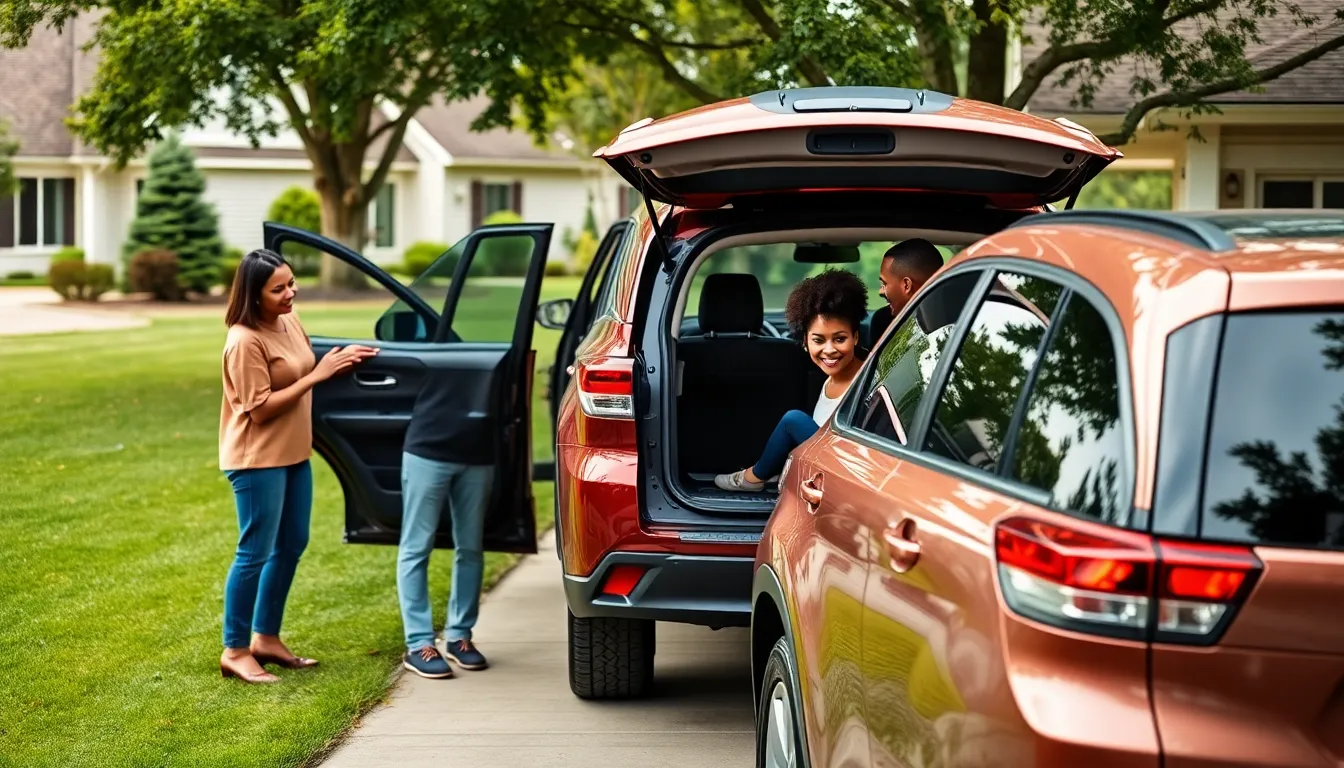
Smart families recognize that choosing a vehicle with strong resale value protects their investment while ensuring reliable transportation for years. We’ll explore which family cars maintain their worth best in today’s competitive automotive market.
Top Brands for Value Retention
Toyota consistently ranks highest for resale value retention among family car manufacturers. Models like the Highlander, Sienna, and Prius maintain 60-65% of their original value after five years, making them exceptional long-term investments for growing families.
Honda follows closely with their Pilot, Odyssey, and CR-V holding approximately 58-62% of their initial purchase price. We find that Honda’s reputation for reliability directly translates into stronger resale values across their entire family vehicle lineup.
Subaru commands premium resale prices due to their standard all-wheel drive and safety-focused engineering. Family models like the Ascent and Outback retain 55-60% of their value, appealing to buyers who prioritize safety and capability.
Porsche luxury family vehicles like the Cayenne and Macan maintain exceptional resale values of 65-70%, though their higher initial costs require careful consideration for budget-conscious families.
Models with Strong Market Demand
Toyota Highlander leads the three-row SUV segment with consistent demand from families seeking reliability and space. This model maintains strong resale values due to its proven track record and excellent safety ratings from IIHS and NHTSA.
Honda Pilot attracts buyers with its spacious interior and Honda’s reputation for longevity. Families appreciate its eight-seat capacity and comprehensive safety suite, creating sustained market interest that supports higher resale prices.
Subaru Outback dominates the wagon segment with unique positioning as a family adventure vehicle. Its standard all-wheel drive and impressive ground clearance appeal to active families, maintaining strong demand in both new and used markets.
Tesla Model Y represents the electric family vehicle segment with unprecedented demand. Limited production and growing interest in electric vehicles create strong resale values, though long-term trends remain uncertain as the EV market expands.
Features That Boost Resale Worth
Advanced safety technology significantly impacts resale value for modern family cars. Features like automatic emergency braking, blind spot monitoring, and adaptive cruise control add substantial value when families shop for used vehicles.
All-wheel drive capability increases resale worth by $2,000-$4,000 depending on the model and regional preferences. We observe that families in northern climates particularly value this feature, creating stronger demand for AWD-equipped vehicles.
Low mileage records enhance resale value substantially, with vehicles showing under 12,000 miles annually commanding premium prices. Families who maintain detailed service records and avoid excessive wear demonstrate vehicle care that buyers reward with higher offers.
Premium interior materials and technology like leather seating, navigation systems, and dual-zone climate control add measurable value during resale. These comfort features remain desirable to second owners, particularly in luxury family segments where expectations run higher.
Choosing the Right Size Family Car for Your Needs
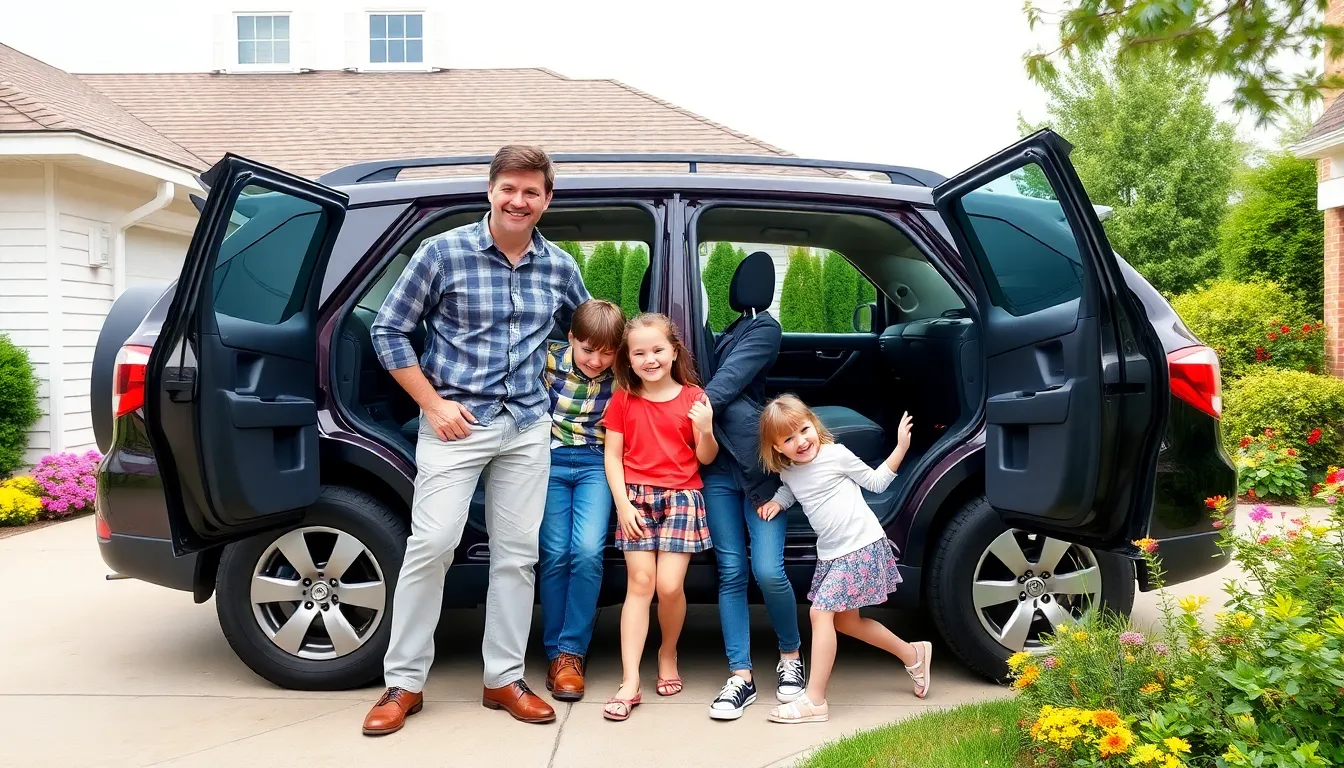
Family size directly influences which vehicle category best suits your transportation needs. We’ll explore how different car sizes align with varying family requirements and lifestyle demands.
Compact Cars for Small Families
Compact cars excel for families with one or two children who prioritize fuel efficiency and urban maneuverability. Modern compact models like the Honda Civic, Toyota Corolla, and Nissan Sentra provide surprising interior space even though their smaller exterior footprints.
Safety features in these vehicles now match larger cars, with standard automatic emergency braking and blind spot monitoring systems. Cargo capacity typically ranges from 13 to 15 cubic feet, sufficient for groceries, sports equipment, and weekend luggage for smaller families.
Urban families benefit most from compact cars due to their parking advantages and excellent gas mileage, often exceeding 35 mpg in combined driving. Insurance costs remain lower compared to larger vehicles, and maintenance expenses stay minimal with widely available parts.
Mid-Size Options for Growing Households
Mid-size family cars strike the perfect balance between interior space and manageable exterior dimensions for families with two to four children. Popular models include the Honda Accord, Toyota Camry, Subaru Legacy, and Mazda6, all offering generous rear seat room and trunk capacity.
These vehicles typically provide 16 to 20 cubic feet of cargo space, accommodating strollers, sports gear, and family vacation luggage with ease. Rear seat space comfortably fits three children or two adults, making carpools and family trips more comfortable.
All-wheel drive options in models like the Subaru Legacy and Toyota Camry enhance year-round capability without requiring a larger SUV footprint. Fuel economy remains competitive at 28 to 35 mpg combined, keeping operating costs reasonable for active families.
Full-Size Vehicles for Maximum Space
Full-size family vehicles become essential for households with five or more members who need three rows of seating and substantial cargo capacity. Three-row SUVs like the Chevrolet Tahoe, Ford Expedition, and Toyota Sequoia offer up to 144 cubic feet of passenger volume.
Cargo space in these vehicles ranges from 25 to 40 cubic feet behind the third row, expanding to over 100 cubic feet with seats folded. Towing capabilities often exceed 8,000 pounds, accommodating boats, trailers, and camping equipment for extended family adventures.
Minivans such as the Chrysler Pacifica and Honda Odyssey provide easier third-row access through sliding doors and lower step-in heights. Ground clearance remains lower than SUVs, but interior space maximizes passenger comfort and storage flexibility for large families who don’t require off-road capability.
Conclusion
Finding the perfect family car doesn’t have to be overwhelming when you understand what matters most for your exact needs. We’ve covered everything from safety features and fuel efficiency to cargo space and technology to help streamline your decision-making process.
Remember that the best family vehicle is one that fits your lifestyle budget and priorities. Whether you choose a reliable sedan hybrid SUV or spacious minivan what matters most is that it serves your family well for years to come.
Take time to test drive multiple options and consider long-term factors like maintenance costs and resale value. Your family deserves a vehicle that not only gets you from point A to point B safely but also enhances every journey you take together.
Frequently Asked Questions
What are the most important safety features to look for in a family vehicle?
The essential safety features include advanced airbag systems with multiple deployment zones, Electronic Stability Control (ESC) to prevent skids and rollovers, and blind spot monitoring systems. These features significantly reduce crash risks and protect all passengers. Look for vehicles with comprehensive safety packages that include automatic emergency braking and lane keeping assist for maximum protection.
Which family vehicles offer the best fuel efficiency for daily commutes?
Top fuel-efficient family cars include hybrid options like the Toyota Prius, Honda Accord Hybrid, and Toyota Camry Hybrid, which deliver exceptional mileage. Electric vehicles such as the Tesla Model Y and Chevrolet Bolt EUV provide substantial range with zero emissions. Traditional gas-efficient models like the Honda Civic and Toyota Corolla also offer reliability and affordability.
What are the best budget-friendly family vehicle options under $25,000?
Affordable sedans include the Nissan Sentra, Honda Civic, Toyota Corolla, and Hyundai Elantra, all offering safety, comfort, and reliability. These vehicles provide excellent value with standard safety features, spacious interiors, and proven dependability. Consider certified pre-owned options from Toyota, Honda, and Subaru for additional warranty coverage and peace of mind.
Which family vehicles provide maximum cargo space without sacrificing passenger comfort?
Three-row SUVs like the Chevrolet Tahoe, Ford Expedition, Toyota Sequoia, and Honda Pilot excel in storage capacity. Minivans such as the Chrysler Pacifica, Honda Odyssey, and Toyota Sienna offer flexible seating and substantial cargo options. Wagons like the Subaru Outback and Volvo V90 Cross Country combine luxury with practical storage solutions.
What advanced technology features should families prioritize in modern vehicles?
Key technology features include infotainment systems with large touchscreens, Apple CarPlay and Android Auto integration, and dual-screen rear entertainment options. Driver assistance technologies like adaptive cruise control, lane keeping assist, and automatic emergency braking enhance safety. Cloud connectivity for remote vehicle monitoring and parking assistance features add convenience for family life.
Which family car brands offer the best reliability and lowest maintenance costs?
Toyota and Honda lead in reliability with minimal repair needs and excellent long-term value. Mazda also offers dependable vehicles with cost-effective service and parts availability. Hyundai and Kia provide extended warranties (up to 10 years/100,000 miles) for added peace of mind, making them excellent choices for budget-conscious families seeking reliability.
How do I choose the right family vehicle based on my family size?
Small families (2-3 people) benefit from compact cars like the Honda Civic or Toyota Corolla for fuel efficiency. Growing households (4-5 people) should consider mid-size vehicles like the Honda Accord or Toyota Camry. Large families (6+ people) need full-size SUVs like the Chevrolet Tahoe or minivans like the Chrysler Pacifica for maximum space.
Which family vehicles hold their resale value best?
Toyota leads in value retention, followed by Honda and Subaru. Models with strong market demand include the Toyota Highlander, Honda Pilot, and Subaru Outback. Features that boost resale value include advanced safety technology, all-wheel drive capability, low mileage records, and premium interior materials. These brands consistently rank highest in reliability studies.

